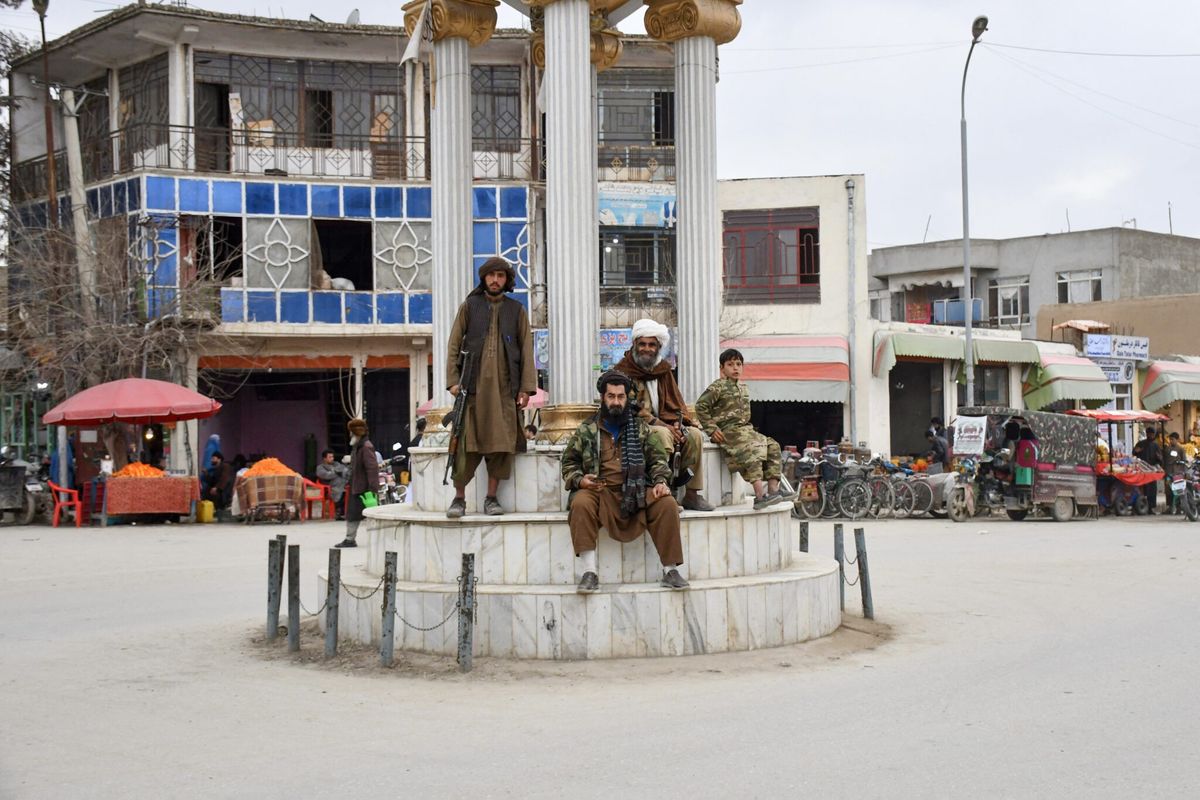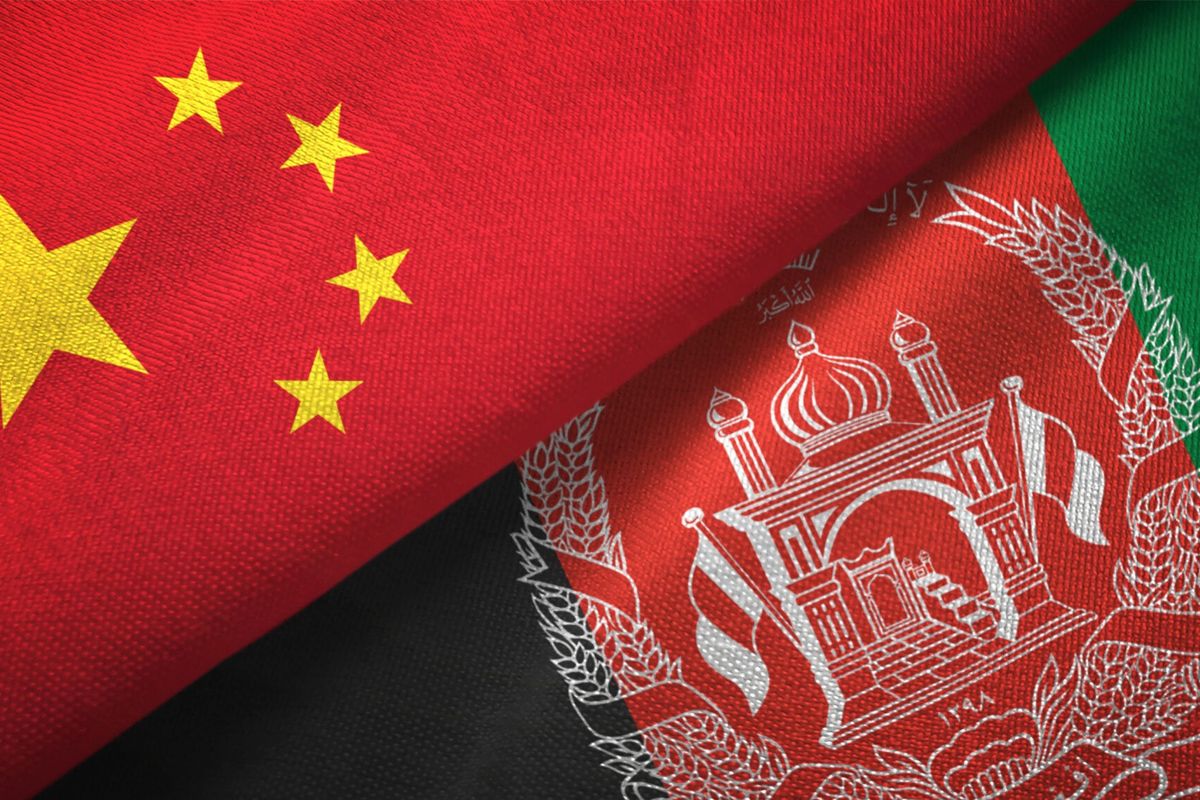Cipher Brief Expert Robert Cardillo served as the sixth Director of the National Geospatial-Intelligence Agency (NGA). Prior to that assignment, Mr. Cardillo served as the first Deputy Director for Intelligence Integration, ODNI, from 2010 to 2014 and as the Deputy Director of DIA.
EXPERT PERSPECTIVE — In the fall of 2001, the US deployed to Afghanistan with a clear mission — to deliver justice to the planners of the 9/11 attacks. While that took nearly ten years, Usama bin Ladin (UBL) was killed in Abbottabad and core al Qaida was effectively defeated.
Upon that clear mission that was ultimately accomplished, we also established an objective to ensure that Afghanistan would not be used as a safe haven for future attacks against the homeland. Given the Taliban’s tolerance of UBL’s activities in southern Afghanistan, such an objective required establishing a new government structure that would support our objective. Herein lies the root of our frustrating — to say the least — final C-17 departure from Kabul earlier this week.
I find two fundamental flaws in the objective itself. First, I view the attempt to eliminate planning space for terrorists to be endlessly costly — when do you know you have achieved your goal? Some may reasonably say, “it never ends.” And I would agree with that insofar as we seek to mitigate — not eliminate — the operational freedom of terrorists. However, this connects to the second flaw. Establishing a representative form of government that is based upon the rule of law is extraordinarily difficult in the best of circumstances. History tells us it is nearly impossible in Afghanistan.
Put very simply, I see Afghanistan as having a natural condition — like all countries. That condition is shaped by its culture, its history, its religions, and its geography. All four are deeply rooted in Afghanistan and create a defensive barrier around that natural condition.
When outside elements — to include military forces — are introduced into Afghanistan, they create an unnatural condition. Just like a human body would strive to repel an unnatural intruder, so too does Afghanistan. See, for example, Alexander the Great, the British Army, and the Soviet Army. Each created an unnatural condition during their occupation — just as we and our allies did. And, as those unnatural conditions were withdrawn, Afghanistan reverted to its natural historic state.
The Cipher Brief hosts private briefings with the world’s most experienced national and global security experts. Become a member today.
Intellectually, we knew all of the above. But our American characteristics of hope and optimism and can-do spirit became vulnerabilities. We collectively fell into the trap of sensing a turning point just ahead — “One more fighting season” — “One more training cycle” — “One more election”.
And thus an endless war — which has now ended.
So, what did we accomplish? Some quick reflections. We delivered justice to UBL. We defeated core AQ. We provided Afghans with the best opportunity they ever had to form and support a representative government that includes and respects all aspects of their society. We provided many disenfranchised segments of Afghan society with a view of how life could be — they will retain those aspirations.
Were those gains worth the blood and treasure? I fear not. Unless we learn the lesson of our initial misguided objective — and more importantly, apply that lesson going forward. In that way, we will honor the sacrifice of those who served — and especially those who never returned.
Read more expert-driven national security insight, perspective and analysis in The Cipher Brief
Read also Applying What We Learned from Iraq in Afghanistan by Cipher Brief Expert Vice Admiral Kevin Donegan
Go beyond the headlines with expert perspectives on today’s news with The Cipher Brief’s Daily Open-Source Podcast. Listen here or wherever you listen to podcasts.















